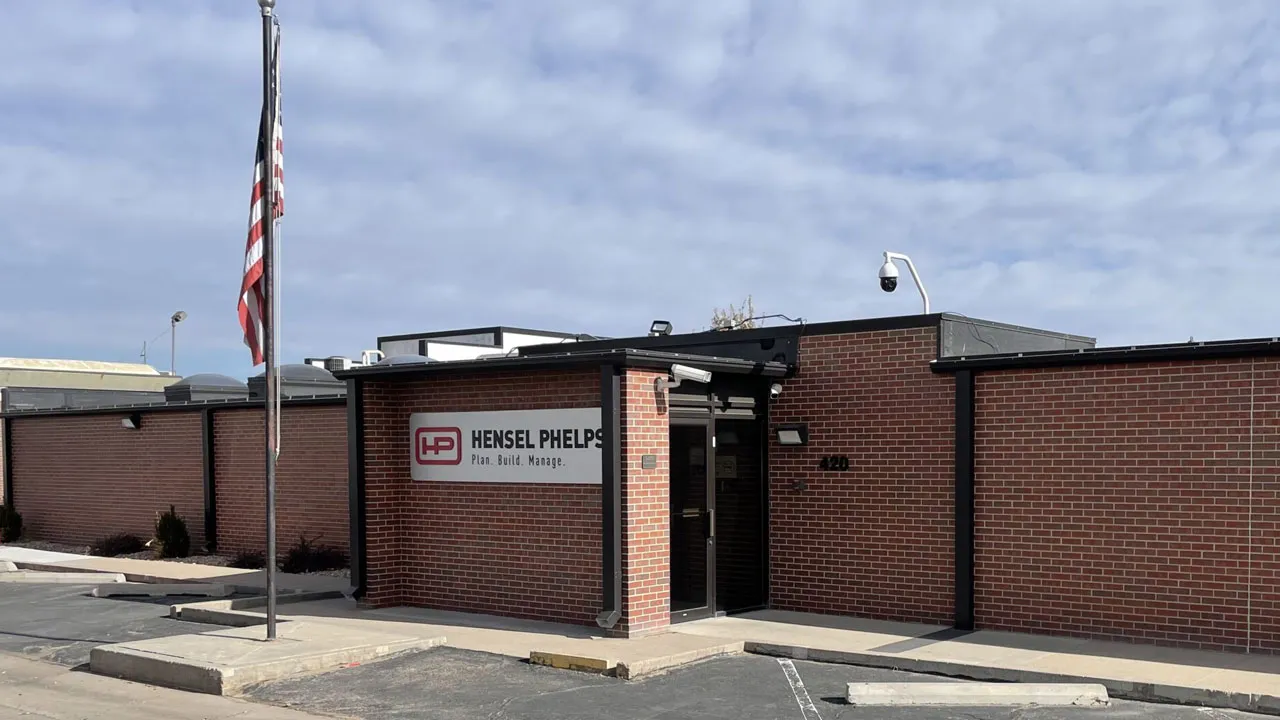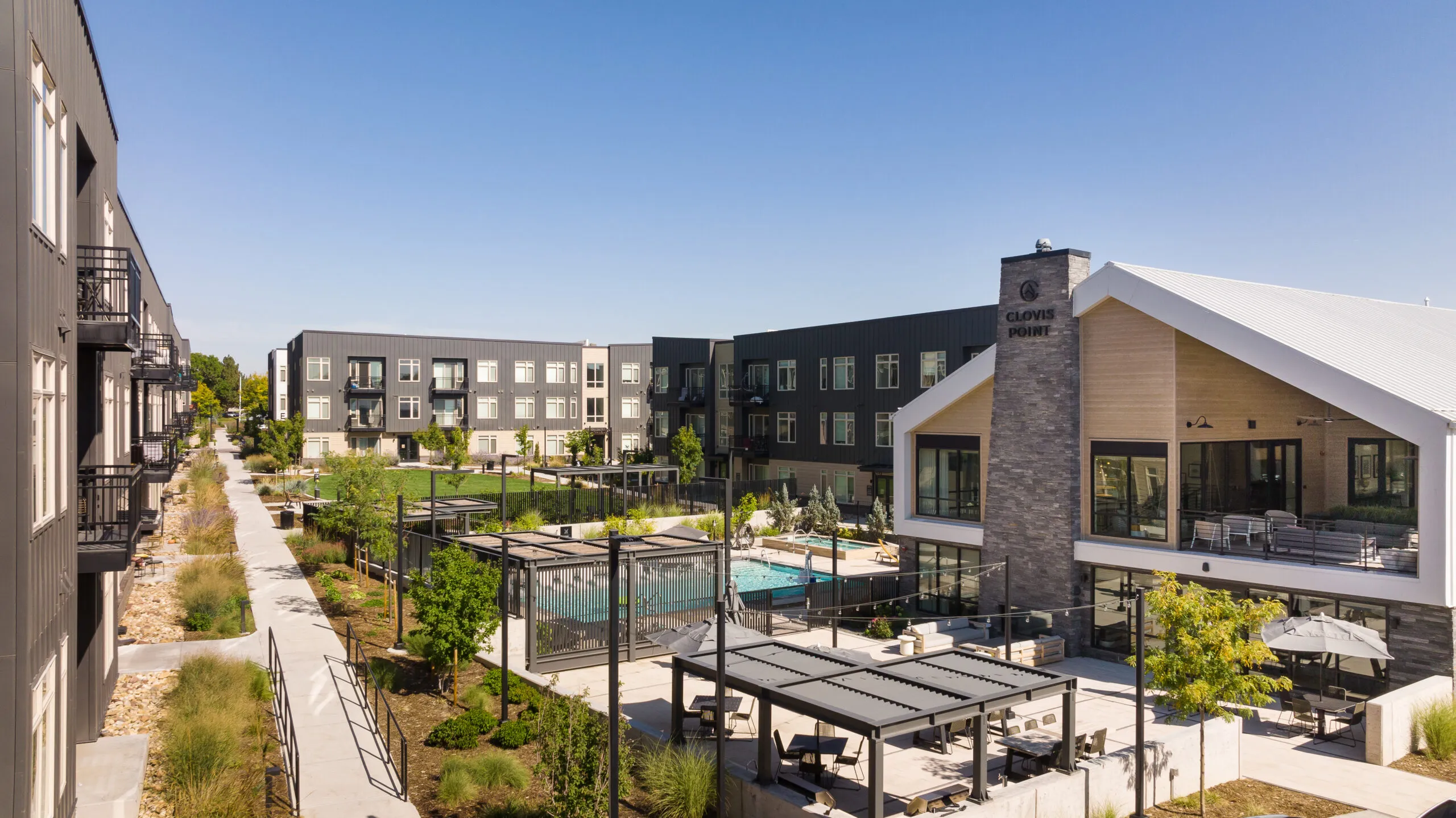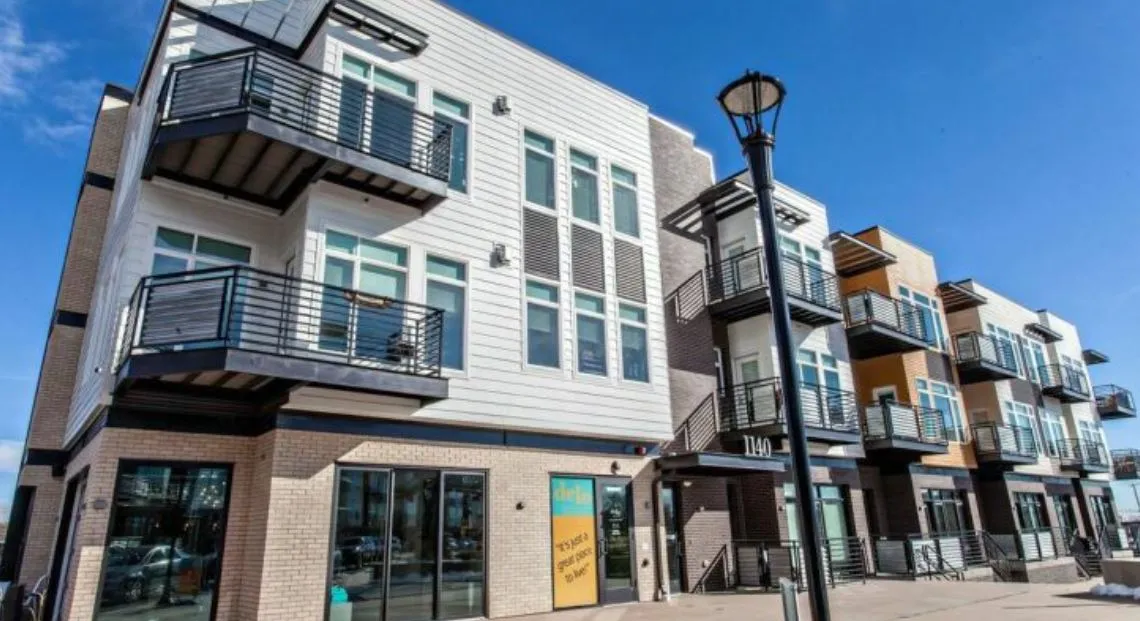Loveland council OKs $155M tax-increment plan for Centerra South

LOVELAND — On a 6-2 vote at 12:45 a.m. Wednesday, the Loveland City Council approved a tax-increment revenue-sharing agreement between the city and the Loveland Urban Renewal Authority to spur development of McWhinney Real Estate Services’ proposed Centerra South project.
Centerra South, a mixed-use commercial and residential project to be located south of U.S. Highway 34 and west of Interstate 25, is anticipated to cost approximately $1 billion to construct, according to city documents, and would require approximately $155 million in public infrastructure investment. To accomplish that goal, the land area designated for the project would need to be removed from…
THIS ARTICLE IS FOR SUBSCRIBERS ONLY
Continue reading for less than $3 per week!
Get a month of award-winning local business news, trends and insights
Access award-winning content today!





